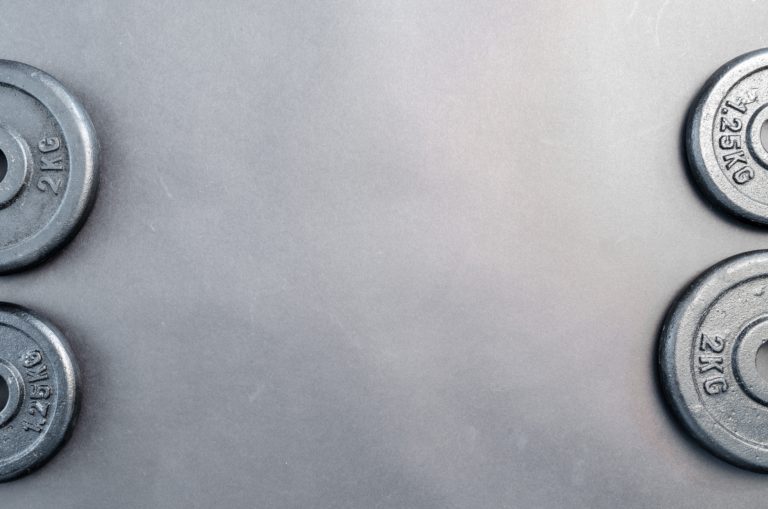Why do we sleep? And why is it so important?
I’ve had a few conversations with ladies I work with this week about sleep, specifically problems with getting to sleep and not feeling very well rested. Coincidently I found out March 19th was National Sleep Day so I thought hey, what better time to write a blog on the topic?
Sleep is an essential part of keeping us physically and mentally healthy, something we spend about a third of our lives doing. I’ve outlined some of the key areas including how much we need, reasons for getting some quality sleep alongside the consequences of not and of course offer some tips on improving it.
How much sleep do we need?
We’ve all probably heard the blanket statement that you need 8 hours of sleep. In fact the perfect amount of sleep will vary by age and by person, some people can feel well rested after 6 where other might need much more. The average adult needs between 7 to 9 hours of sleep to allow the brain and body to repair and restore overnight so that’s a good place to start!
Generally you’ll know if you’re getting enough by how you’re feeling in the day. If you’re struggling to stay awake, feel like you need to catch up on sleep with naps or at the weekend, or feel dependent on coffee to get you through the day there’s a good chance that’s a sign you need a little more.
Fun fact: Giraffes sleep for just two hours, dolphin’s sleep with half a brain at a time and bats sleep for 20 hours.
The benefits of sleep
Sleep is more than just being unconscious for a few hours each night, resting after a long day. When we close our eyes, the activity in our brain’s changes but it certainly doesn’t just turn off.
We cycle through five sleep stages, an average of four to five times a night with each loop taking progressively longer. While I won’t go into each stage in detail they all play a role in allowing us to wake up refreshed.
The right amount helps learning and memory. Sleep helps us both remember and forget, prioritising what we need to remember and storing our important memories. In fact, our ability to learn new information drops by about 40% after just 1 night of no sleep.
Our immune system is strengthened as we sleep, multiplying our cells overnight. There is evidence people who sleep 7-8 hours have lower rates of cardiovascular disease, cancer and stroke.
Our mood and emotions are massively impacted by the quality of our sleep. I know after a few nights of bad sleep, I feel moody and irritable but after even just one good night sleep I instantly feel better upon waking.
Last but most definitely not least, sleep is vital for regulating hormonal activity. A number of different hormones are released during sleep including growth hormone which help us yes grow but also helps the body repair itself. Cortisol, often called the stress hormone is lowered after a restful nights sleep, subsequently, poor sleep is connected with chronic stress.
So those are just a tiny handful of the good things…
What happens if we don’t get enough?
As you can imagine if getting enough sleep improves your immune system, poor sleep can hurt it. You increase the risk of having poor health, and poor health can make it harder to sleep. It’s a horrible cycle to get trapped in.
I’m sure its safe to say we have all had bouts of a bad night sleep. Tossing and turning in the night, staring at the ceiling time dragging. You wake up feeling groggy and irritable.
A note on COVID – Maybe this past year has made sleep problems particularly relevant?
With lots of people working from home, normal routines were completely thrown off. Perhaps the bedroom even became the workplace. As a result from a lack of structure in our everyday lives – many are finding it more difficult to fall to sleep – and sleep well.
During times of uncertainty, it’s common to have some disruption to your normal sleep pattern. Feeling more stressed and worried makes it hard to switch off, and can affect both the amount and quality of sleep you get.
A few tips for a more restful nights sleep
A few you may have heard…
Switching off devices an hour before bed. I’m pretty sure this one won’t be new to you but I fully understand it’s easier said than done. Digital devices emit blue lights that delay the production of melatonin, a hormone our body produces to promote sleep. That’s the big why when it comes to switching the screens off!
Being careful caffeine. Caffeine has a quarter life of 12 hours, that means if you have a cup of coffee at midday, a quarter of that is still floating around your body at midnight – Yeah – That surprised me too! If you’re drinking a few cups of coffee and then struggling to get to sleep or if you sleep but don’t feel well rested you might end up relying on more coffee starting this really counterproductive cycle.
Give yourself enough of an opportunity to sleep. What I mean here is if you’re going to aim for 8 hours of sleep, go to bed at least half and hour before that to allow yourself to actually nod off!
A few you may not have heard…
Get outside. Getting outside and exposing yourself to natural light plays an important role in keeping your circadian rhythm in balance, which helps control, your internal body clock schedule. The outdoor light will help regulate that hormone in your body called melatonin, which I shall repeat again, is super important in regulating your sleep and wake patterns
It starts in the morning. Sounds strange but as soon as you wake up to begin your day, your body is already preparing for sleep. While you go about your day your body is producing different chemicals that will signal when it’s time for bed. Your sleep and day-to-day habits are all connected.
If you wake up cranky and irritable it can really start the day off on a bad foot. Try spending some time for yourself, mindfulness, journaling, and meditation, whatever you want to do, whatever you want to call it. It could be 3 minutes, it could be 40 minutes but do something. It might sound a bit lala but give it a go and you might be surprised to see how starting your day a little more mindfully can positively impact the rest of your day, from feeling productive through the working day all the way to climbing back into bed.
Write down your thoughts. If you’re struggling to fall asleep with lots of thoughts swirling around your head try writing it down. Getting thoughts out of your head and on to paper, no matter whether they make sense or not can help stop them building and repeating and help organise any thoughts that are making you worried.
It might be something you do before bed, a few sentences or as much as you feel you need to do or it might be that you keep a pen and notebook by your bed for any times you wake up in the night.
Share this post: on Twitter on Facebook


